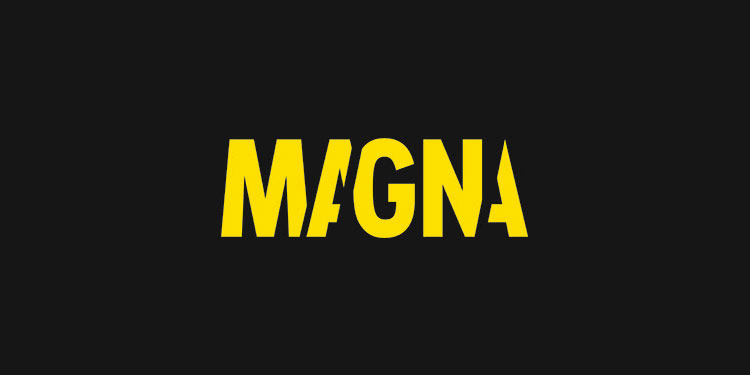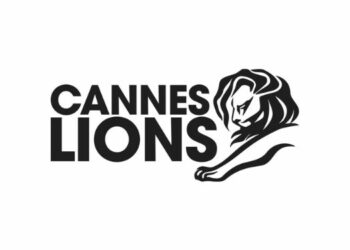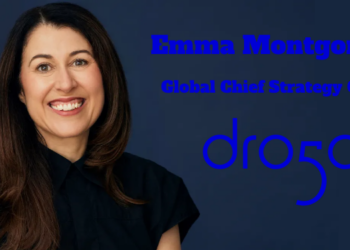International: IPG Mediabrands’ Magna has published a new report delving into the impacts of COVID-19 on the global economy and the global advertising market. The report recaps the latest economic forecasts for 2020 and what the industry should expect in terms of the relative severity of the business impact.
A finding of particular note is that the COVID-19 pandemic has ended a long cycle of economic growth for the US and the world.
According to Magna, “Macro-economists in financial institutions (e.g. Standards & Poor) are now expecting global and US GDP growth to be flat at best for the full-year 2020 assuming the epidemic is under control by May/June and normal economic conditions resume in third quarter, generating some growth in the second half,”
The report expects the impact on revenues to be severe for the Travel and Restaurant industries, moderate for Retail and Automotive, mild for Consumer Packaged Goods and potentially positive for e-commerce and Home Entertainment.
The report goes on to say that digital media ad formats will be the least impacted, due to the acceleration of digital media usage and eCommerce during the outbreak. However, global digital advertising is likely to slow down to single-digit growth this year, compared to +20% per year in recent years, said the report.
“Television may remain relatively resilient due to pre-existing spending commitments, viewing increases and the fact that core client verticals will be relatively unscathed,” while radio ad sales may suffer more, as automotive commuting stops for weeks, and OOH ad sales will be “severely hurt by the quarantines but may recover faster too than others,” added the report.
Supply of impressions and ratings will increase, at least temporarily, for most media types (TV, digital media and radio in particular) and decrease sharply for out-of-home media.
Ten Takeaways:
- The COVID-19 epidemic is now slowing down in China, which shows that extreme isolation works and curbs the contagion within 4 to 6 weeks. That means Europe and North America are now facing at least five weeks of quarantines and business closures that will hit the economy, before business gradually comes back to normal.
- In the meantime, the COVID-19 outbreak already caused a collapse of stock markets and macro economists are revising downwards their forecasts for economic growth in 2020.
- The current consensus among macro economists is that a global recession in the first half (negative GDP growth in Q1 and Q2) will be followed by a recovery in the second half. If so, the global economy may stagnate in 2020, instead of growing by +3% as previously expected.
- Western Europe, where the economy was already slowing down before the outbreak, may fare worse. China experienced negative growth in the first quarter for the first time in 40 years, and full-year growth is now expected to be between +3% and +5%, compared to +7% in recent years.
- Many industry sectors may decrease marketing and advertising spending this year as a result of slower sales and profits. MAGNA expects the impact on revenues to be severe for the Travel and Restaurant industries, moderate for Retail and Automotive, mild for Consumer Packaged Goods (CPG/FMCG) and potentially positive for e-commerce and Home Entertainment (SVOD).
- Meanwhile, the quarantine and social distancing policies are generating deep changes in attitudes, social norms(remote work, remote education), consumption (acceleration of e-commerce and online services), and media consumption (surge in TV viewing, OTT usage, and digital media). These shifts are likely to (at least partially) outlast the outbreak and change our society forever.
- In terms of media owners’ advertising revenues, digital media ad formats will be the least impacted, due to organic growth factors, e.g. the explosion of eCommerce. Nonetheless, global digital advertising is likely to slow down to single-digit growth this year, compared to nearly +20% per year in the last eight years, and+12% in previous MAGNA forecasts for the year.
- Among linear ad formats, television will remain relatively resilient due to pre-existing spending commitments and the fact that its core verticals (CPG/FMCG) will be relatively unscathed by the outbreak and the economic slowdown.
- TV viewing (esp. news) grows everywhere during the isolation weeks, but a shortage of fresh programming and cancellation of sports events may ultimately limit overall growth.
- Radio ad sales may suffer more, as automotive commuting stops for weeks, and OOH media sales will be severely hurt during the outbreak as train stations and highways remain empty. OOH media may recover faster than other media, however, due to its strong performance and client mix (technology).
Lessons from History
The report offered up the 9/11 tragedy in the U.S. as to how the global response might be to the current worldwide crisis, writing:
Following 9/11, many brands cut their TV spend for weeks. But the brands that grew their national TV spending outperformed in business outcome over the next few months, as showed by their stock performance.
In 2002, the S&P 500 was down by -22%; but some of the heavy TV ad spenders of 4Q 2001, saw massive stock growth, including Mattel (+12%), Nissan (+56%), and Bank of America (+14%).
Whether or not consumers are in the right mindset to buy your products during a crisis, whether or not your product is even available in shops during that crisis, consumers like a brand that shares their will to resume normal life and normal business as soon as possible.
Contrarian marketers willing to hold or increase share of voice during a crisis, while competitors withdraw, can win significant market share for a relatively low investment, as media costs typically slow down when demand dwindles.
The report cautioned that a recession may well be inevitable.
“There is now little doubt that the big scary ‘R’ word will hit the world in the first half of 2020, since the technical definition of a recession is two consecutive quarters of negative GDP growth. In that context, the latest economic forecast revisions for full-year 2020 have been increasingly drastic.”

















